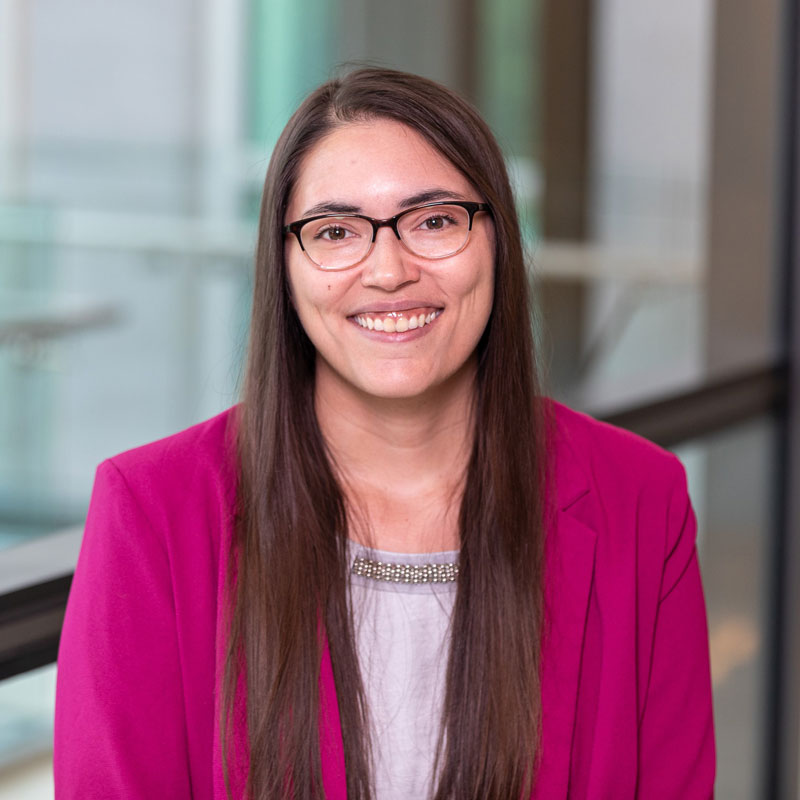Historically, interventions that aim to increase health promoting behaviors and/or decrease health risk behaviors have operated at either the individual level or the environment levels. Very little research has focused on interpersonal relationships as a facilitator or inhibitor of positive health behavior change and its maintenance (and when social influences on behavior are examined, they are still often queried at the individual rather than dyadic or social network level).
Yet, close interpersonal relationships (e.g., between romantic partners, friends and family members) may be uniquely consequential for behaviors related to cancer prevention, because individuals in such relationships regularly share time and space, jointly participate in activities, and often have shared goals or motivations. Moreover, many close interpersonal relationships involve shared financial and other tangible resources, joint investments, and a division of labor and responsibilities. Indeed, cancer prevention behaviors (e.g., eating and physical activity behavior) are concordant among couples, as is change in such behavior.
Additional research is needed to better understand the role of relational dynamics in health behaviors across the cancer continuum – from primary prevention (e.g., regular physical activity) to secondary prevention (e.g., screening) to cancer diagnosis and survivorship (e.g., treatment decisions, health behaviors in survivorship).
Although several emerging interventions have targeted health behavior change among couples, there is a dearth of evidence on the multilevel and interactive factors that contribute to energy balance behavior in close relationships. Moreover, the biological mechanisms through which energy balance may contribute to overweight/ obesity, multimorbidities, recurrence, and mortality in cancer survivors in the context of interpersonal relationships are not well understood.
In conjunction with efforts led by the Office of Cancer Survivorship, the Behavioral Research Program is interested in supporting and facilitating research focused on understanding how relationships and relationship processes are involved in cancer prevention, particularly with respect to health behavior change and maintenance.
Funding Opportunities
| Title | Announcement # | Close Date | Contact |
|---|---|---|---|
| Risk and Protective Factors of Family Health and Family Level Interventions | PAR-25-317 (R01 Clinical Trial Optional) | May 08, 2027 | Rebecca Ferrer 301-852-1167 ferrerra@mail.nih.gov |
Resources
- Family Life, Activity, Sun, Health, and Eating (FLASHE) Study – This cross-sectional, internet-based NCI study was conducted in 2014. FLASHE implemented a dyadic design, with dyads of parents/caregivers and their adolescent child completing similar measures of cancer-related behaviors and psychosocial, generational (parent-teen), and environmental correlates.
- Reference: Nebeling LN, Hennessy E, Oh AY, Dwyer LA, Patrick H, Blanck HM, Perna FM, Ferrer RA, Yaroch AL. The FLASHE study: Survey development, dyadic perspectives, and participant characteristics. Am J Prev Med. 2017;52(6):839-848.
- Full list of peer-reviewed papers using FLASHE data
- Webinar: An Introduction to Dyadic Analysis - Niall Bolger, Ph.D.
 and Jean-Philippe (J-P) Laurenceau, Ph.D.
and Jean-Philippe (J-P) Laurenceau, Ph.D. , introduce viewers to cross-sectional dyadic analysis using data from the FLAHSE study. The webinar discusses analytic challenges due to interdependence in dyadic data (e.g. non-independence between members of the dyad) and how flexible analytic tools (e.g. path modeling, multilevel modeling) can accommodate these complexities. Sample code for preparing data files and conducting dyadic analyses are also available on the FLASHE dyadic resources page.
, introduce viewers to cross-sectional dyadic analysis using data from the FLAHSE study. The webinar discusses analytic challenges due to interdependence in dyadic data (e.g. non-independence between members of the dyad) and how flexible analytic tools (e.g. path modeling, multilevel modeling) can accommodate these complexities. Sample code for preparing data files and conducting dyadic analyses are also available on the FLASHE dyadic resources page.
- NCI Office of Cancer Survivorship – This office has a rich history of supporting research on close relationships for cancer survivors and offers information and resources for survivors and care providers.
Meetings and Events
- Exploring the Role of Interpersonal Relationships in Cancer Control, November 2016 – The Behavioral Research Program’s Cognitive, Affective, and Social Processes in Health Research (CASPHR) work group hosted an invited meeting that convened CASPHR members and invited experts in relationship/dyadic processes to discuss applications of these research domains to cancer control and clinical care.
- Cancer Prevention Begins at Home: The Role of Parents, September 2011 - The Health Behaviors Research Branch hosted an invited meeting that brought together experts in parenting research to discuss the role of parents in cancer-preventive behaviors, including eating, physical activity, and weight management, and other behaviors such as tobacco use and sun safety.
- Reference: Patrick H, Hennessy E, McSpadden K, Oh A. Parenting styles and practices in children’s obesogenic behaviors: scientific gaps and future research directions. Child Obes. 2013;9(Suppl 1):S73-S86.
- Dyadic Processes Across the Cancer Continuum, November 2010 - The Health Behaviors Research Branch hosted this meeting to discuss the evidence base and identify gaps in research on the intersection of relationships and health, from cancer primary prevention to diagnosis and treatment. Attendees included experts in the areas of caregiving and relational dynamics among cancer patients and survivors, basic psychoneuroimmunology, and behavioral and social science research in the context of relationships between romantic partners and friends.
Contacts




